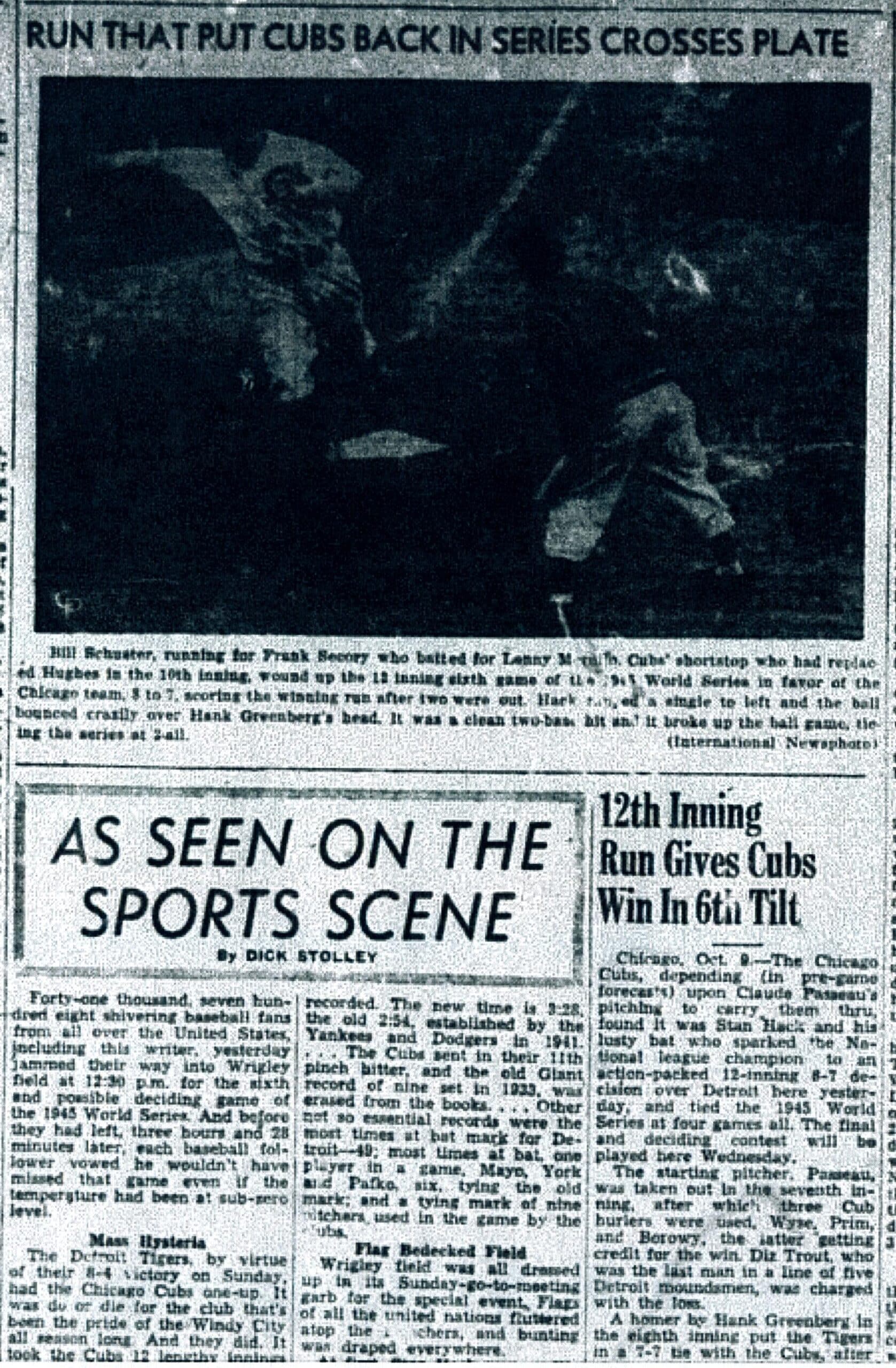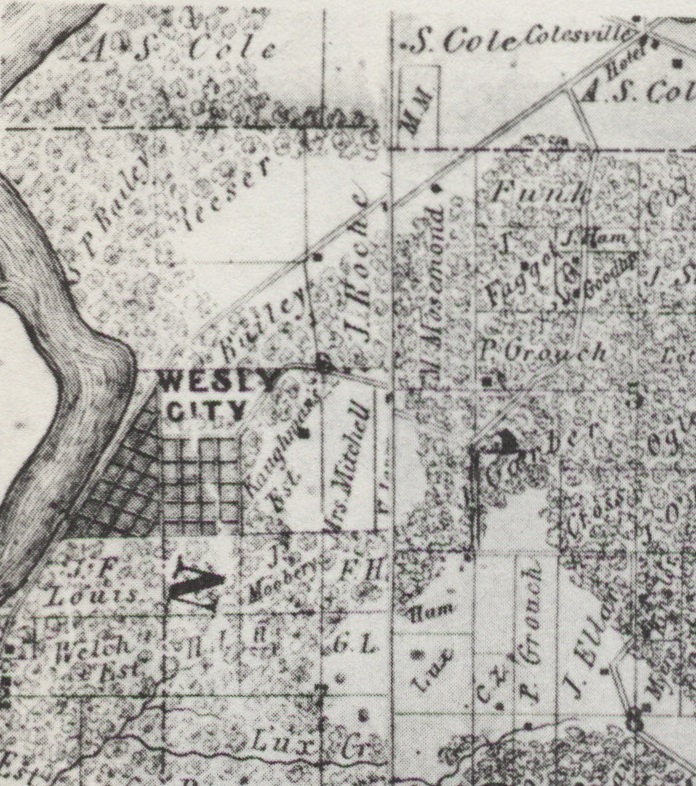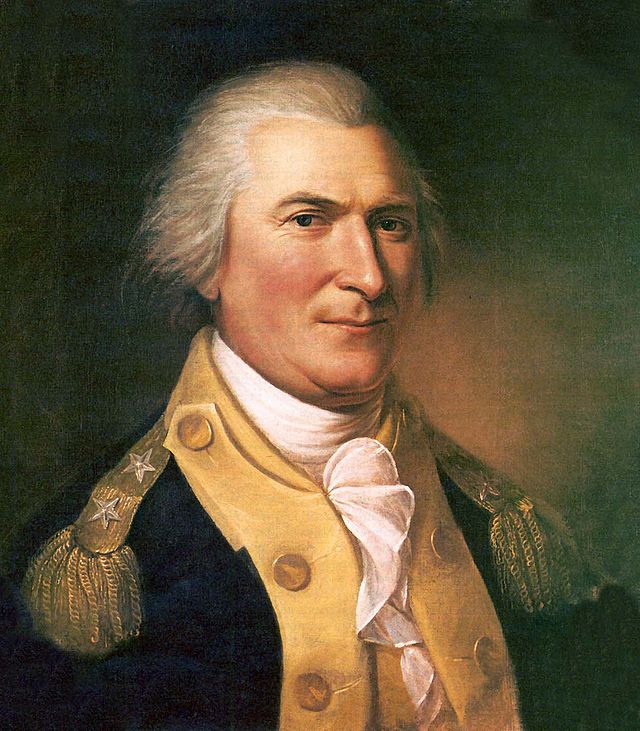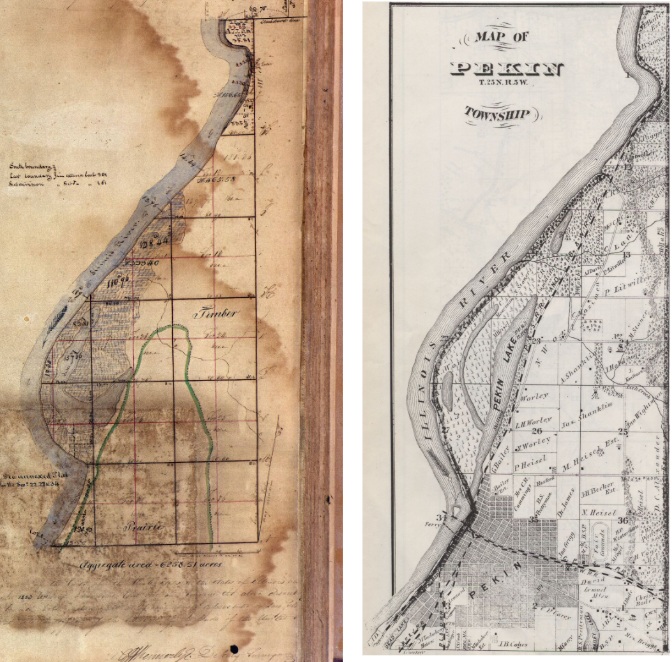A dramatic Cubs victory in Game 6 of the World Series sets up a final showdown in Game 7. That wasn’t just the scenario this month in Cleveland, Ohio. It was also what happened 71 years ago, on Oct. 8, 1945, at Wrigley Field in Chicago, the last time the Chicago Cubs had played in the World Series. But instead of going on to victory in Game 7 like the Cubs did this year, in 1945’s Game 6 the Cubs beat the Detroit Tigers 8-7 in a 12-inning game, but lost Game 7 the next day 9-3 – as it happens, the same score by which the Cubs defeated the Cleveland Indians in 2016’s Game 6.

1945’s Game 6 drew such interest in Tazewell County that F. F. McNaughton, publisher of the Pekin Daily Times, agreed to send his sports editor, 17-year-old Richard Stolley, to Wrigley Field to report on the game. The Daily Times had never sent a correspondent to a World Series game before. Stolley – who would later go on to a stellar career in journalism, obtaining the crucial Zapruder film of John F. Kennedy’s assassination for LIFE magazine and founding People magazine – had his report published on page 7 of the Tuesday, Oct. 9, 1945 edition of the Pekin Daily Times, where it was printed under the headline, “As Seen on the Sports Scene, By Dick Stolley.” Here is how Stolley told the story of Game 6 of the 1945 World Series:
Forty-one thousand, seven hundred eight shivering baseball fans from all over the United States, including this writer, yesterday jammed their way into Wrigley Field at 12:30 p.m. for the sixth and possible deciding game of the 1945 World Series.
And before they had left, three hours and 28 minutes later, each baseball follower vowed he wouldn’t have missed that game even if the temperature had been at sub-zero level.
Mass hysteria
The Detroit Tigers, by virtue of their 8-4 victory on Sunday, had the Chicago Cubs one up. It was do or die for the club that’s been the pride of the Windy City all season long. And they did.
It took the Cubs 12 length innings to accomplish the job, evening the series at three games apiece, but a whistling double off Stan Hack’s educated bat broke up the ball game with one run in the last of the 12th.
Meanwhile, those 41,708 fans bordered on the edge of mass hysteria.
The situation was this: Frank Secory, pinch hitting for Shortstop Len Merullo, lined out a single and arrived at first base in plenty of time.
Cub Manager Charley Grimm sent in Billy Schuster to run the bases for Secory. Detroit pitcher, and incidentally the fifth used in the game by the Tigers, Diz Trout, struck out Cub hurler Hank Borowy, making it two outs.
Then Stan Hack, ancient third baseman who had made three singles in five previous times at bat, teed off on one of Diz’ pitches and blasted the ball deep into left field.
The ball took a crazy bounce when it hit the ground, and the Detroit left fielder, Hank Greenburg, was left empty-handed. By the time the infield received the ball, Hack was on second and the speedy Schuster had galloped across home plate for the winning run 8-7.
The crowd was on its feet the minute Hack met the ball, and when Schuster crossed the last base, we thought the stands would crumble under the deafening roar.
It was the longest game in Series’ history, and the fans enjoyed every minute of it.
Series records fall
World Series shorts: Before yesterday’s action-jammed series even was over, six World Series records had either been tied or shattered.
The total receipts for the first six contests was $1,388,277, including $100,000 in radio receipts. That cracked a previous all-time high of $1,322,328.21 set in 1940 during the Detroit-Cincinnati series. The total take for the single game yesterday was $204,453 . . .
Both clubs employed 19 players in the 12-inning game, and thereby broke an old mark of 18, set by the 1936 Giants. The grand total of 38 used buried the old Giants-Senators record of 29, also in ’36. The Cubs and Tigers combined have used more players in the series than ever before, and Detroit has set a similar individual mark, 25 . . .
Yesterday’s battle-royal lasted 34 minutes longer than the lengthiest series struggle hitherto recorded. The new time is 3:28, the old 2:54, established by the Yankees and Dodgers in 1941 . . .
The Cubs sent in the 11th pinch hitter, and the old Giants record of 9 set in 1923, was erased from the books . . .
Other not so essential records were the most times at bat mark for Detroit, 49; most times at bat, one player in a game, Mayo, York and Pafko, six, tying the old mark; and a tying mark of nine pitchers used in the game by the clubs.
Flag bedecked field
Wrigley Field was all dressed up in its Sunday-go-to-meeting garb for the special event. Flags of all the United Nations fluttered atop the bleachers, and bunting was draped everywhere.
At first, Stan Hack was credited with a single and an error by the official scorers, but so much objection to that decision was heard from the 400 sports writers who jammed the press section, that they reversed themselves.
The ball evidently took a last-minute weird bounce, and Hank Greenberg never had a chance to snag it.
Claude Passeau, veteran right-hander for the Cubs, who started yesterday’s game, had the nail of his middle finger torn off by a hot line driver by Jimmy Outlaw, Detroit third baseman.He returned after the accident, but soon was taken out of the game.
Charles Grimm, the bouncing manager of the Cubs, stole part of the show with his antics while coaching at third. When the Cubs were scoring two runs in the seventh in the inning that gave them a temporary 7-3 lead, Jolly Cholly staged an impromptu dance on third base.
He kicked his legs about, sang, and clapped his hands, and though not acting particularly bright, was entertaining himself. His strategy was working out better yesterday.
It really backfired on him in Sunday’s encounter. But for two consecutive games now, Cubs pitchers had intentionally passed a batter to fill the bases and have a better chance to trap runners, and then lost control and walked the next batsman, forcing in a run.
Hy Vandenberg did it Sunday, and Passeau was the guilty party yesterday.
Scalpers still scalp
Hank Borowy, who was credited with the victory yesterday, started Sunday’s game. He likes to be in “hot water” but found it a little scalding and had to be taken out.
Then a parade of four Cubs pitchers started, but Chicago lost nevertheless.
Big Hank Greenberg parked a homer over the left field wall and tied the two teams at 7-all in yesterday’s melee, making his second round-tripped of the series. Handsome Hank clouted out three consecutive doubles in the Sabbath victory, and scored three runs.
Despite the multitudes of uniformed police in and around Wrigley Field, scalping still exists. We were walking around to the pass gate when a little rat-faced individual sidled up to us, pulled up his coat collar, and asked us in a whisper, “Got your ticket, Bud?”
In addition to Charley Grimm and the ball game, one of the means of Series fun comes when a foul ball is tipped into the stands.
Conservative-looking gentleman look like young kids as they make mad leaps for the ball. Out of the hectic scramble comes one fellow, all smiles, with the ball in his hand, and he quickly pops it into his pocket. One young man hung around home plate during batting practice and before he left he’d collected at least three of the coveted trophies.









